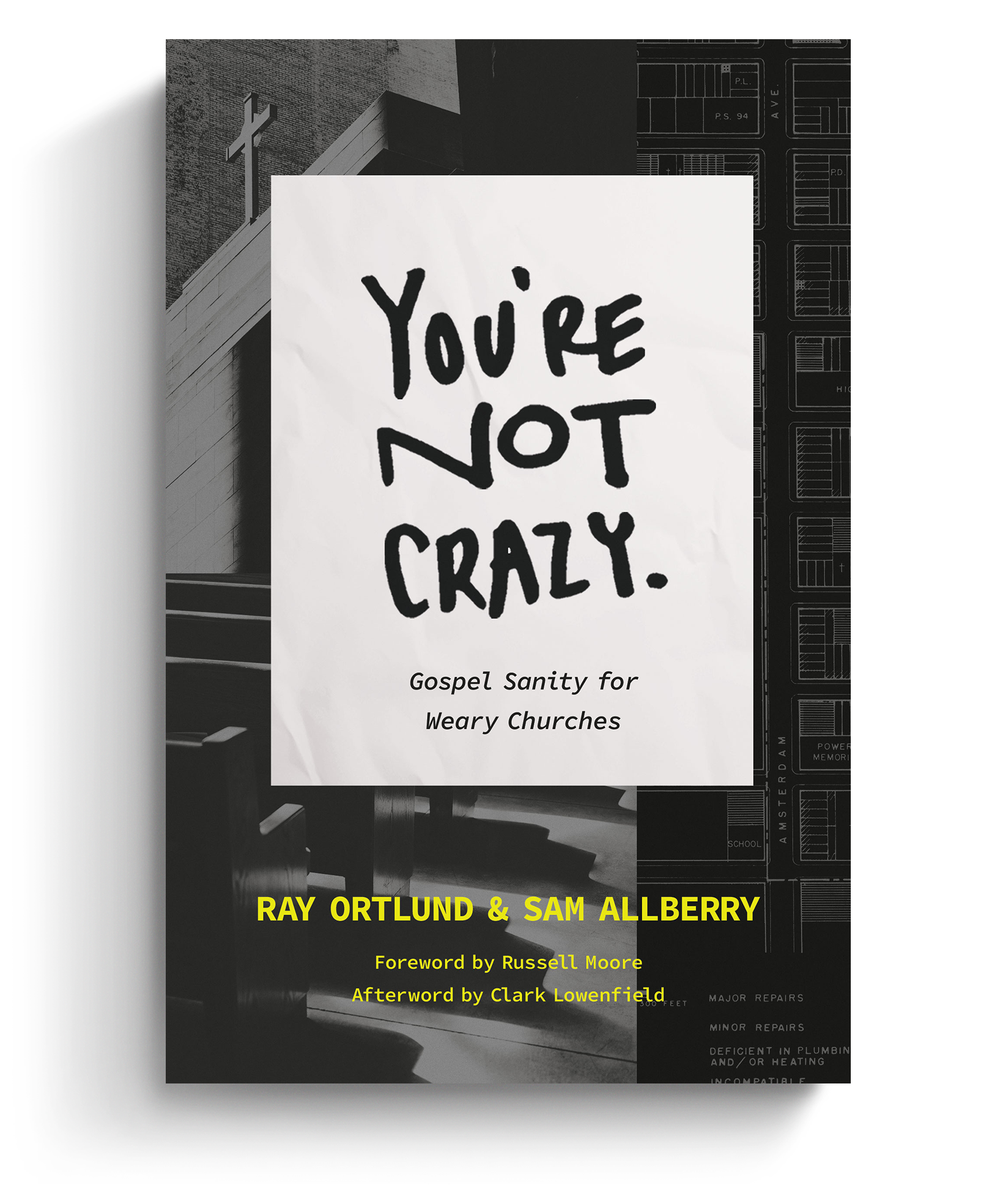TGC’s “Thorns & Thistles” column seeks to apply wisdom with practical advice about faith, work, and economics. If you have a question on how to think about and practice your work in a way that honors God, let us know at [email protected].
I have a friend who says they want to be wealthy in order to give more money away. Is the goal of wealth a danger or a snare? In our jobs, should we try to become rich?
As an economist and a board member for a struggling non-profit, I appreciate the tremendous good that money can do. Many ministries need lots more of it! So should Christians desire wealth in order to do good, in order to give money away? Or is it a snare?
A Christian’s ultimate desire is for God’s kingdom to come, however it comes. We desire for God to equip all people according to his purposes. If God makes us “hands or eyes” in the body, so be it. Paul tells us that mercy is a spiritual gift, but he doesn’t say, “Earnestly desire to have wealth in order to exercise mercy.” If Christians should desire wealth in order to do good, 1 Corinthians 12–14 would have been a good place for Paul to say so.
If you are talented and gifted for a lucrative job, desire to be faithful with the wealth you have. But know this—being good at earning money doesn’t necessarily make you good at giving it away. It takes tremendous effort to research where to donate substantial sums—the field of “effective altruism” exists precisely because philanthropy is hard to do.
Still, many of us desire to be the ones giving money away. This is a tremendous danger. Indeed, there are at least two theological reasons to doubt our own motivations when we desire wealth in order to do good.
Opportunity Cost
First, when Jesus met the rich young ruler, he did not say, “Follow me by giving your money away.” He said, “First give your money away, and then follow me.” His ensuing conversation with the disciples suggests this order is the rule, not the exception.
 Because for almost all of us, earning money to give it away is not the best we have to offer others. Jesus equips us to serve in his kingdom by doing good directly through our work (not just indirectly through how we give) and directly through how we use our time (not just indirectly through how our time is remunerated).
Because for almost all of us, earning money to give it away is not the best we have to offer others. Jesus equips us to serve in his kingdom by doing good directly through our work (not just indirectly through how we give) and directly through how we use our time (not just indirectly through how our time is remunerated).
Remember, there is always an opportunity cost. Choosing between two jobs—one that pays more than another—almost always involves trading off something good for the money. With rare exception, serving God by earning more means doing something rather than doing the other good things we could do by working another job with less time at work, less stress, more creativity, or more direct service to others.
The biblical and historical evidence is that God does not primarily—or even frequently—advance his kingdom through philanthropy. He has this strange way of choosing the poor and the foolish. He has this odd way of “wasting” jars of perfume on worship instead of feeding the poor. He has this unexpected way of ignoring the basic rules of economics and scarce resources and instead choosing to flip the world upside-down.
Your Heart’s Treasure
Second, Jesus tells us that where our treasure is, there our hearts will be also. The order matters. Unless we are vigilant in giving away our wealth before it accumulates, we will learn to accumulate, not to give. We might learn to love having wealth before we learn to love giving it away.
But when we do give our wealth away, our hearts will be with those to whom we’re giving. Our love will be re-ordered from desiring wealth in order to do good to desiring directly the good of those we’re financially supporting.
I know. I had one of those lucrative jobs. But a great mentor, Tom Sharp, discipled me well and showed me that being faithful with my money meant giving it away. My heart followed my treasure, and it didn’t take long for me to wonder if the best way to serve God was really by staying in a lucrative job I wasn’t suited for, even if I was donating my income. And because I followed Tom’s advice, I was better able to see the various ways God had equipped me to serve his kingdom.
Things would be different if our world weren’t dreadfully fallen. But money in our world is like Sauron’s ring in The Lord of the Rings. When offered it, Gandalf replied: “Do not tempt me! . . . The way of the ring to my heart is by pity, pity for weakness and the desire of strength to do good. Do not tempt me! I dare not take it . . . the wish to wield it would be too great for my strength.”
Christians empowered by the Holy Spirit can wield power over our money. But until we are made perfect, any desire for wealth—even the desire to do good with it—might wield a power too great and terrible to imagine.
See previous installments in the Thorns & Thistles series.
Are You a Frustrated, Weary Pastor?
 Being a pastor is hard. Whether it’s relational difficulties in the congregation, growing opposition toward the church as an institution, or just the struggle to continue in ministry with joy and faithfulness, the pressure on leaders can be truly overwhelming. It’s no surprise pastors are burned out, tempted to give up, or thinking they’re going crazy.
Being a pastor is hard. Whether it’s relational difficulties in the congregation, growing opposition toward the church as an institution, or just the struggle to continue in ministry with joy and faithfulness, the pressure on leaders can be truly overwhelming. It’s no surprise pastors are burned out, tempted to give up, or thinking they’re going crazy.
In ‘You’re Not Crazy: Gospel Sanity for Weary Churches,’ seasoned pastors Ray Ortlund and Sam Allberry help weary leaders renew their love for ministry by equipping them to build a gospel-centered culture into every aspect of their churches.
We’re delighted to offer this ebook to you for FREE today. Click on this link to get instant access to a resource that will help you cultivate a healthier gospel culture in your church and in yourself.
































